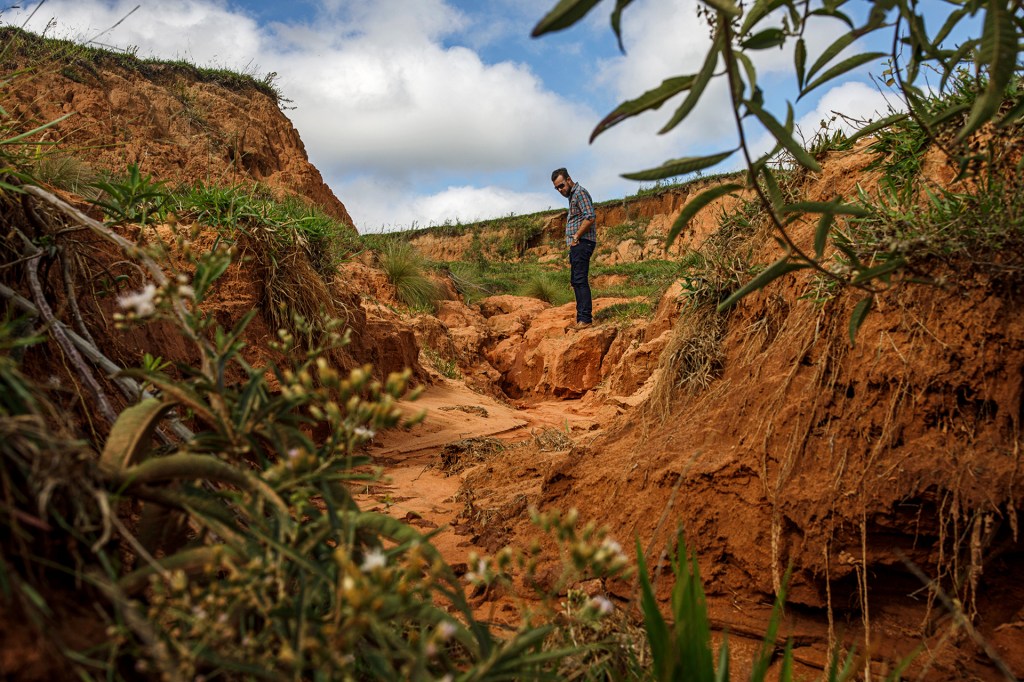Coronavirus Questions Answered

The new coronavirus is a public health emergency. The disease is spreading around the globe.
Coronaviruses are a group of viruses. They can infect animals and people. Some cause mild illness, like the common cold. Other cases can be more serious. The type causing the current pandemic is new to scientists.
The new coronavirus was first found in China. That was back in December. On February 11, the disease that it causes was officially given a name. It is called COVID-19. It moved quickly around the world. Now, scientists and doctors are working together to stop its spread. They are working together to find a cure, too.
TIME for Kids spoke with Dr. Juan Dumois. He is an infectious-disease specialist. He works at Johns Hopkins All Children’s Hospital. It is in Florida. He answered our questions about COVID-19. Here’s what he had to say.
Question: The coronavirus causes an illness called COVID-19. What are its symptoms?
Answer: Symptoms include fever, coughing, and shortness of breath.
Q: What should I do if I have these symptoms?
A: If you’re sick, tell a trusted adult. Symptoms can be treated. It may take a few days to a week to feel better.
Q: How does the virus spread?
A: If you’re near someone who coughs or sneezes, you can inhale the virus. If they cough or sneeze on a surface, you can pick up the virus by touching it. Avoid getting the virus by washing your hands.
Q: How dangerous is the virus to kids?
A: Children seem to be much less affected than adults. If kids do get sick, they’re less likely to have severe symptoms.
Q: What can I do to stay healthy?
A: Before touching your face, wash your hands for 20 seconds—that’s “Happy Birthday” two times—with soap and running water, or use hand sanitizer. There are also things you can do to strengthen your immune system. That helps the body fight off infections. Your immune system can be made stronger if you eat a healthy diet. Getting enough sleep is also important.
Q: What should I do if I’m feeling anxious about COVID-19?
A: Don’t be shy about talking to a parent, a teacher, or to another trusted adult. Feeling out of control can also make you anxious. But you can have some control by following safety and health guidelines.
Q: What are some common myths about the virus?
A: One myth is that wearing a mask is all you need to protect yourself from COVID-19. Washing your hands properly and frequently is more helpful.
Q: What can schools do to protect students?
A: Schools should make hand sanitizer available. That’s really important. Hand sanitizer needs to be rubbed on both hands, and it should take at least 15 seconds to dry. Doorknobs and desks should also be wiped down at least once a day, or ideally after each class.
Responses have been edited for length and clarity.












